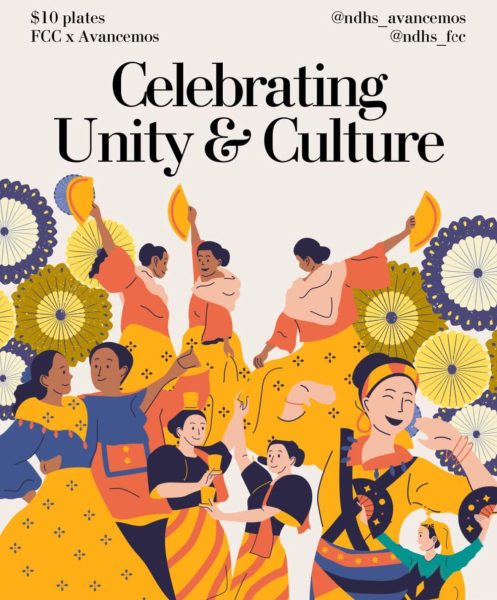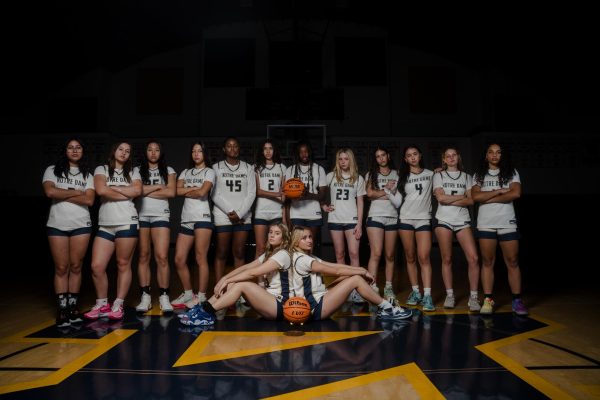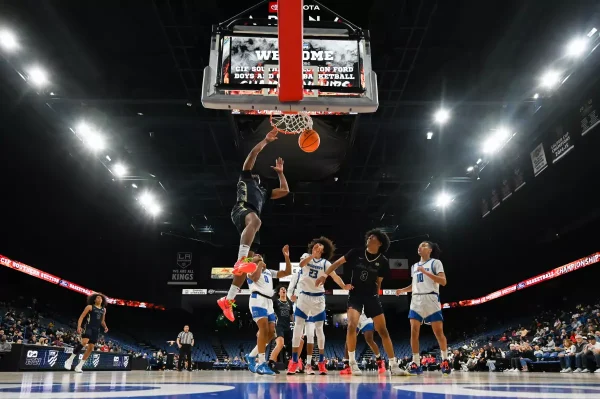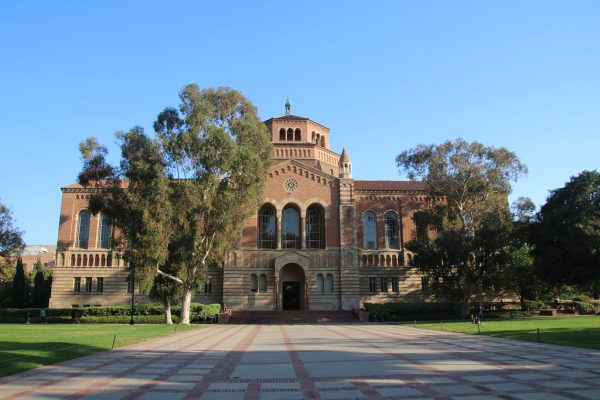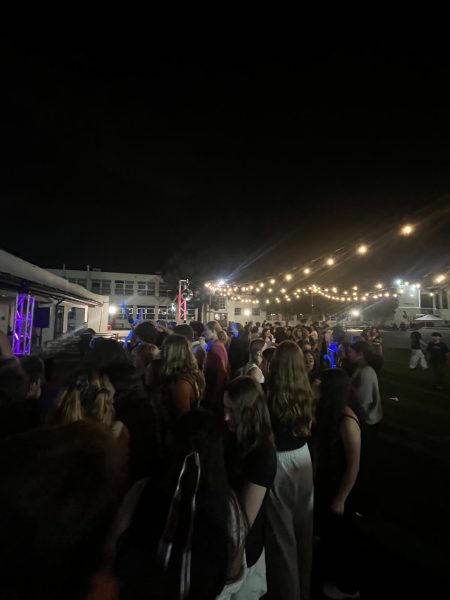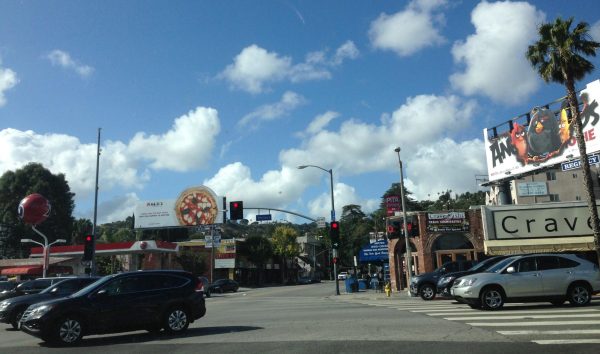Being Real in a World That Isn’t
BeReal, the latest social media craze, has taken the world by storm. What makes the app so appealing and desirable to our generation?
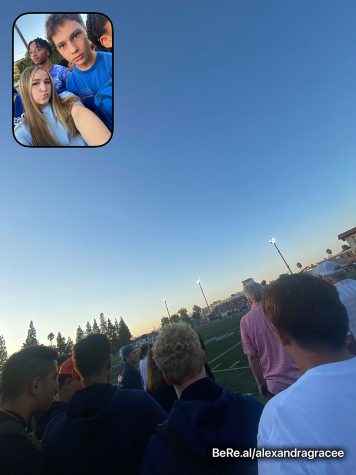
Authenticity! What is missing in our world and on social media is authenticity! On Instagram, our favorite people to follow edit their content to make themselves and their lives look glamorous. On Snapchat, filters are used to hide people’s true selves. But on BeReal, you have to simply, well, be real.
The popular photo-sharing app was developed in 2020 by former GoPro employee Alexis Barreyat and Kevin Perreau. Barreyat created the app because he was tired of the fakeness of social media and instead saw a need for something more genuine.
Sadhbh O’Sullivan of Refinery29 reported: “Unlike the more established social media platforms, BeReal leans into spontaneity, notifying users randomly once a day to take and post a photo using both the front and rear cameras of their phone. You have just two minutes to post, are largely only connected to people you know and are actively shamed if you retake your photo or take it outside of the allotted time. The result is a series of images documenting mostly mundane activities with a smaller, unflattering snapshot of the user in the corner of each one.”
Another feature that sets this app apart from other photo-sharing platforms is the lack of filters. It also happens to be something that sets people away from the app. Our society is so dependent on filters that some people refuse to show their actual self.
The BeReal website states: “We want people to enjoy life, not scroll on BeReal.” The app’s creators didn’t want their platform to be a vortex like other social media apps, where you get sucked into the feelings of jealousy, insecurity, and other negative emotions just by scrolling.
BeReal doesn’t keep track of likes, followers, or views. It keeps social media fun by minimizing the toxicity, competition, and hate prevalent on apps like Twitter and TikTok.
“BeReal is more lighthearted,” said Emily Waters ‘24. Participation does not mean you must conform to “the beauty standards and pressure of other social media platforms.”
On an app about being authentic, we shouldn’t be worried about looking flawless in our photo. However, a lot of people feel that if they don’t look utterly perfect, they won’t be accepted for their authentic selves, so they cover it up.
When Instagram began, it was a fun app used for sharing your memories with your friends. TikTok was a lip-syncing app. However, over time, these apps (and others) began being platforms to hurt others through exclusion and bullying.
After hearing about the genuineness the app provides, people all over the world immediately flocked to it, boosting the daily download percentage to 315 percent between January and April of 2022.
Time Magazine writer Megan McCluskey reported that global downloads of the app “reached 22.8 million to date (still a fraction of Instagram’s roughly one billion monthly active users), with U.S. downloads accounting for nearly half that total, according to data platform data.ai.“
With a growing number of users, BeReal is already seeing challenges to its demand for authenticity.
The latest issue surrounding BeReal is people having “NPC’s” take their photos for them.
An NPC is a non-player character, which is normally a background character in a video game, but some are giving these people that label in real life. They will have this person take their BeReal for them and in most situations, the person that takes the photo has no idea what the app is or that their photo is getting taken too. Once the individual realizes they were captured in the photo too, they get (and rightfully so) angry.
Another way people are misusing BeReal is to make their other friends or those they don’t like jealous.
Hours after the alert goes off, they’ll take the picture when they’re hanging out with friends or doing something fun, which is completely not what the app is for. Sure, the photos are labeled late, but that can be easily ignored.
BeReal was created to spread positivity and bona fide moments, rather than crafted ones to make people feel insecure that they weren’t invited or doing anything cool in their BeReal that day. People will also postpone taking their BeReal photo in order to get ready, feeding into the already toxic beauty standards that social media has created.
I won’t lie, I’ve definitely started to take my BeReal and then realized that I didn’t look good and stopped. Instead of taking it right then and there, I’ll sit down in front of my mirror, slap on some makeup, and then go back to what I was doing and actually post it.
Trying not to feed into the unrelenting beauty standards established in the media is a daunting task, but you just have to remember that being your authentic and true self is the most beautiful thing above any fabricated look or personality.
As with every app, there are definitely some negative things about BeReal. Despite these concerns, it is still thriving now more than ever.
“Seeing that all of the app’s users are having fun with it and the overall idea of being real is definitely what makes it so popular,” said Emily Waters ‘24.
Since Instagram became a sensation, we’ve been getting fed fake posts, looks, ideas, personalities, and people. People should be appreciating BeReal and using it for what it was created for, instead of turning it into yet another toxic platform.
BeReal has proven that it is not too late to enter the social media competition, and it is definitely not impossible to flip the narrative on a lack of authenticity.
So next time you get the “⚠️ Time to BeReal. ⚠️” notification, try to take a photo regardless of the way you look, who you are with, or what you are doing.
Just be real. I mean, it’s in the name.

Alexandra Gorgij '24 is Senior Editor of The Knight Online and The Knight Magazine. Alexandra is incredibly passionate about professional ice hockey and...


